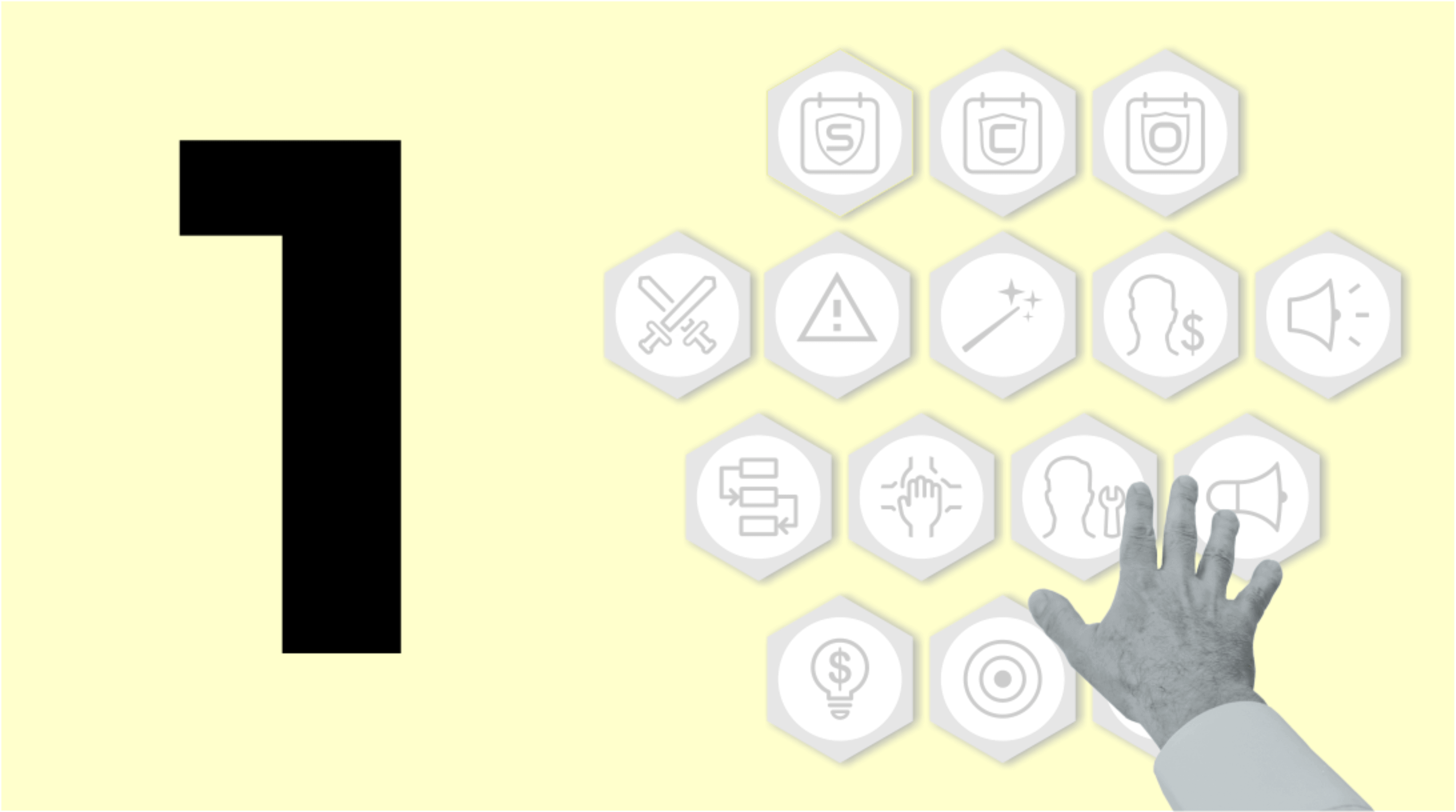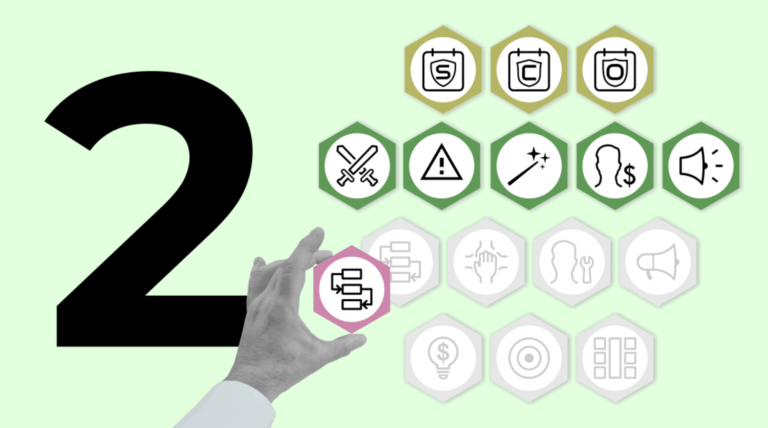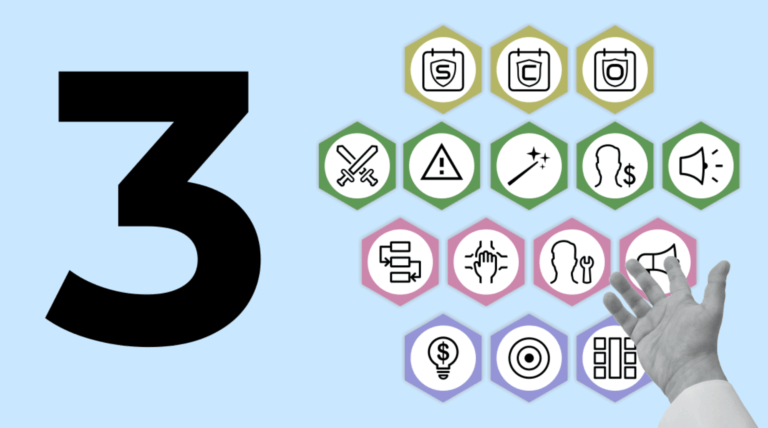Set Up Your Own
MANAGEMENT
SYSTEM
Organize your business comprehensively and manage it effortlessly.
In 6 weeks.
Workanizers is a software-based work environment that enables you to create and continuously improve your management system while efficiently managing daily operational tasks.
ACHIEVE EFFORTLESS MANAGEMENT.
Your Management System should serve as a comprehensive platform where you can build organizational infrastructure and effortlessly manage everyday operational tasks.
We are committed to making “EFFORTLESS MANAGEMENT” your daily reality, unlocking your full professional potential and boosting overall team productivity.
Workanizers simplifies complexity and focuses on achieving results without getting bogged down in the minutiae.
You will have permanent control over those 15
Key Managerial Functions:
Workanizers organizational tools
are your secret weapon
Workanizers equips you with all you need in one place:
WORK ENVIRONMENT
You will get an environment to build your own Management System. This initial pre-made structure features 15 specific managerial functions for faster development of your Management System. So you don’t need to start from scratch.
15 ORGANIZATIONAL TOOLS
There are 15 software tools and templates, each designed for a specific managerial function. These tools are essential for building, improving, repairing, and maintaining the Management System.
On the other hand, we also use them to manage daily operations.
HOW-TO INSTRUCTIONS
You will receive step-by-step instructions. They guide you through building and implementing the specifics of your business into an effective Management System in just six weeks.
And you can rely on our support whenever you need it.
Workanizers
Biz Modeler
Goal Maker
Org Modeler
Processor & Tasker
Teamer
Doers
Plans & Reports
Arena
Problem Box
Improvement Box
Incentive Box
Report Box
Re-Strategizer
Re-Constructor
Start-Ops
What do you want to do?
1. Do you want to optimize a problematic area in your business?
- Optimize and correct problematic areas.
- Improve daily management in specific departments.
2. Do you want to take your overall organization and management to a higher level?
Elevate your entire organizational infrastructure and management by setting up your own management system.
- Enhance your organizational infrastructure for smoother operations.
- Implement a comprehensive set of managerial functions across your management team.
Discover how to holistically improve your business and effortlessly manage everyday operational tasks with our expert guidance.
How do you achieve this?

Download the Framework
Download the initial framework of the Management System, which comprises 15 managerial functions.

Integrate the Specifics of Your Business
Incorporate the unique aspects of your business into the framework using software organizational tools.

Your Management System is Ready
Your authentic Management System, tailored to the specific needs of your business, is now established.
Start 6-Week Integration Program
This 6-week program guides managers step-by-step in integrating business specifics into a 15-function Management System, ensuring seamless management and successful achievement of goals.
Modal Title
Utilize the Expert Assistant
For a Quick Start of the Management System
The Expert Assistant accompanies you, providing guidance and support during the six-week setup period so that you can begin effectively using the Management System as soon as possible.
For Full-Capacity Operational Management
The Expert Assistant remains by your side, aiding in the rapid development of the management team’s professional skills for operational management at full capacity.
Discover Management Systems and Workanizers tools
through an interactive map.
Click on the cards for more information.
MANAGEMENT SYSTEM
Which Businesses Can Use Workanizers?
It works for businesses of all sizes and types, from small teams to large enterprises in manufacturing or service industries. It is designed to align closely with typical business practices, ensuring a smooth adoption process.
Who Can Benefit from Workanizers?
Workanizers is software for professionals, including entrepreneurs, managers, and team leaders. Its user-friendly interface and intuitive features allow users to use it daily, even without prior expertise.

“In my company, everyone knows who should do what, how, when, and why.”
Christopher V. Arevalo – Ontomedia

“When I’m on vacation, I know the company works as if I were there.”
Angelika Cole – Yearin

Léon Croteau – Donquadtech

Jakub Adamczyk – Codehow
Let's stay in touch.
TAKE ACTION
Start with the free plan, and you’ll get access to your five key processes without a time limit and for an unlimited number of users.
1. Get Workanizers
11 rue d’Israel,
13308 Marseille,
FRANCE
135 Division Street,
New York, NY 10002,
USA

